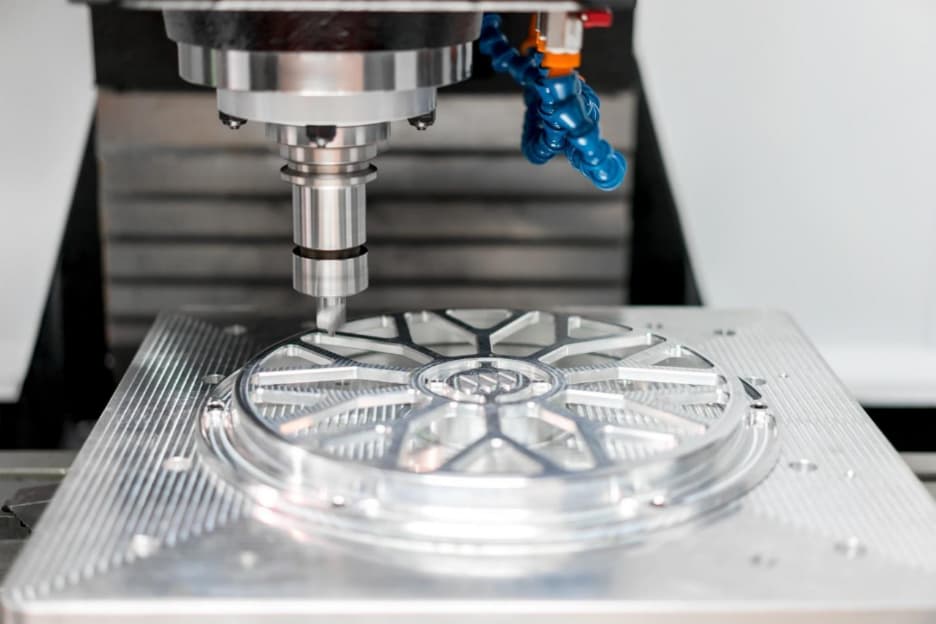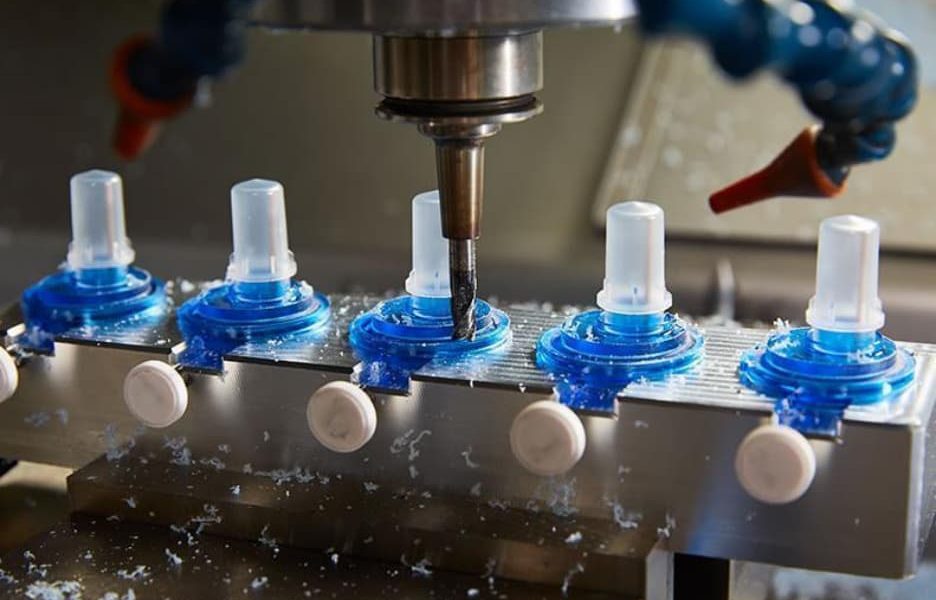Rapid Tooling Making
Get Online Quotes in 12 Hours
Rapid Tooling Making
- The world’s only 12-hours injection molding quote
- Samples shipped in as little as 15 days

THE BEST BRANDS PUT THEIR TRUST IN JINTAI MOLD






Rapid Tooling Making
Rapid tooling manufacturing offers a swift, convenient, and cost-effective solution characterized by short molding cycles, streamlined processes, easy scalability, reduced molding costs, precision, and prolonged tooling lifespan, perfectly meeting functional requirements. It particularly suits new product development, process and functional validation, as well as multi-variant and low-volume production needs. Leveraging our extensive expertise and tailored manufacturing approach, we expedite your product's journey to market.
Understanding Rapid Tooling

Materials for Rapid Tooling
Steel Mold Tooling
At Jintai Mold, we exclusively employ superior-quality materials for rapid tooling, such as steel P20. Steel, renowned for its exceptional properties, is widely favored and utilized. Its robust nature ensures durability and high-quality tooling, capable of producing wear-resistant and corrosion-resistant engineering-grade plastic molds. The choice of steel contributes to superior surface finishes, enhancing product aesthetics.
Types of Rapid Tooling
Direct Rapid Tooling
- Creation of a 3D CAD model for the mold or tool.
- Transmission of the file for machine-based production of the actual mold or tool, typically for prototyping.
- Utilization of the produced mold or tool directly for prototype production.
Indirect Rapid Tooling
- Development of a 3D CAD model for the master mold or tool.
- Machine-based creation of a durable master pattern from the CAD model.
- Subsequent production of additional molds or tools from the master pattern, using various materials with different properties.
Both direct and indirect methods offer unique advantages, enabling faster production, multiple prototype iterations, and flexibility in design changes.
Pros and Cons
Direct Rapid Tooling:
Pros:
- Faster production and shortened lead times
- Ability to produce multiple prototypes from a single mold
- Flexibility to adapt to design changes quickly
Cons:
- May not be suitable for highly complex designs
- Potential increase in product development costs for multiple iterations
Indirect Rapid Tooling:
Pros:
- Robust master patterns for durability
- Suitable for thorough prototype testing and material selection
Cons:
- Longer production times and higher costs
Choosing the appropriate method depends on the design requirements and stage of prototyping.
Benefits of Rapid Tooling
Fast Delivery: Utilizing shared mold bases and precision machinery, we ensure swift production and global shipping.
Best Quality and Competitive Price: Our extensive tooling capabilities and skilled team enable cost-effective high-quality parts production.
Multiple Material Options: With a wide range of material choices, we guide customers in selecting the most suitable material for their specific needs.
Process Overview at Jintai Mold
- Design for Manufacturing (DfM) provided within 24 hours of order confirmation.
- Simultaneous tooling design and main steel cutting post DfM approval.
- CNC machining of cavity and core inserts; assembly of matched Modular Universal Die (MUD).
- Machining of auxiliary tooling components and assembly.
- Fitting and polishing of tooling.
- Inspection by master craftsmen and testing in the injection molding workshop.
- Submission of initial samples for engineer review and dimensional inspection.

